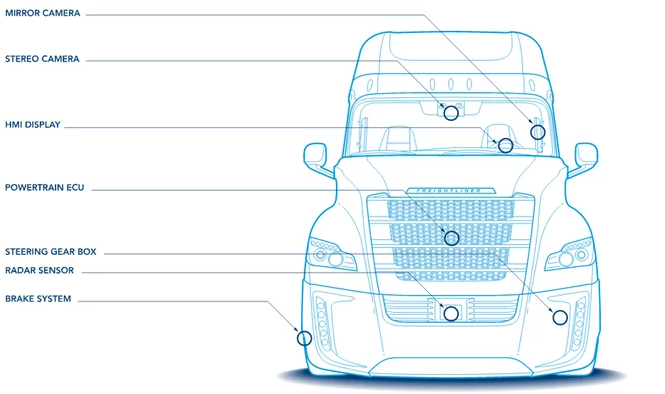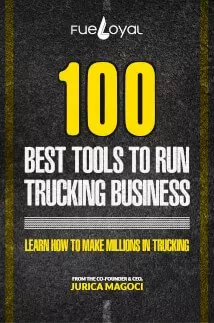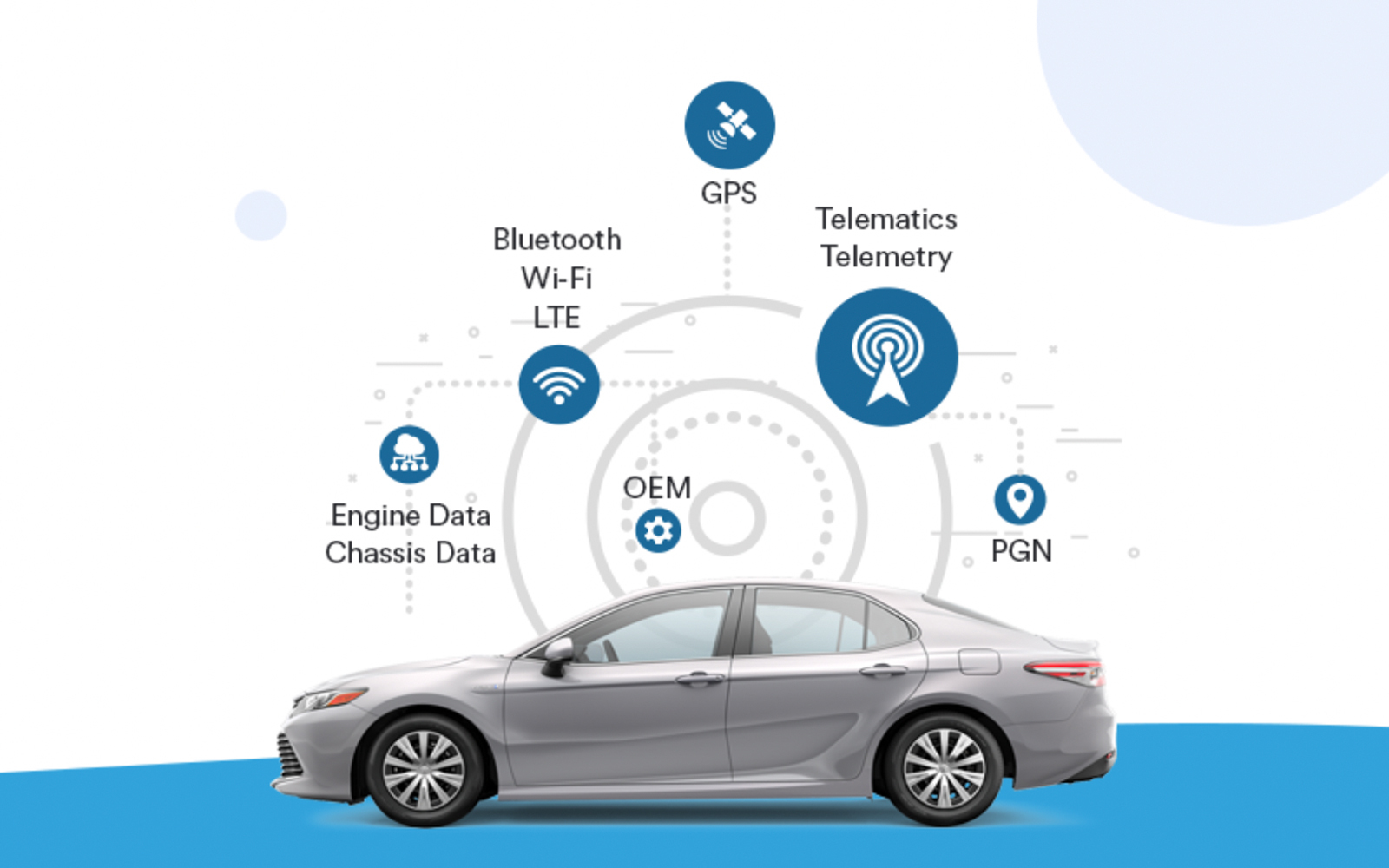Innovations usually mean replacing human work in some way. That’s generally a good thing, especially when it makes hard working day easier.
It’s always been like that. Some of the hardest work used to done by humans are, thankfully, replaced by machines.
But what if the new solutions result in marking too many workers as technologically sufficient? Are those workers doomed to abandon their professions? Can economic efficiency always justify social problems?
Many questions are there to be answered, and trucking industry is about to face those questions when self-driving trucks hit the roads.
Many, including Daniel Murray from American Transportation Research Institute, claim that self-driving technology could be extremely beneficial. Others are more sceptical and even worried about effects the self-driving technology will have.
Before we jump to conclusions, let’s analyze this potential issue, and figure out what it can mean for trucking industry, US economy and society.
How the Self.driving System Works
The automated system called Highway Pilot is driving the truck, while the driver is (still) behind the wheel.






